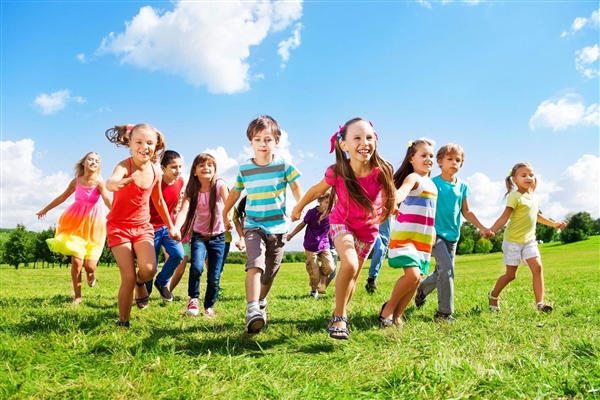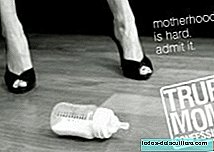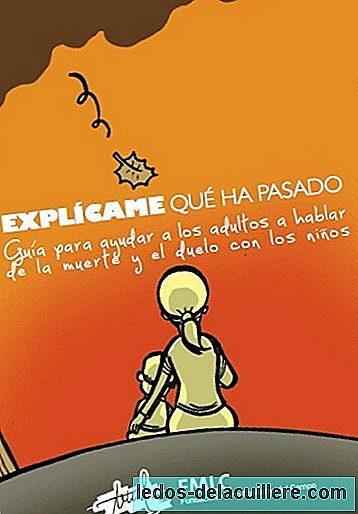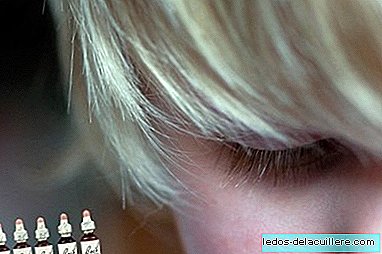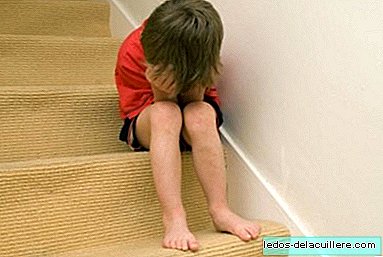
It is a fact that as parents we are horrified to know, but unfortunately it is a reality that is there, most of the time, a hidden reality, since by strategies of manipulation of the abuser, children do not dare to tell it.
According to the European Council, one in five children is a victim of sexual violence, including sexual abuse. As parents, we must be informed to provide them with the necessary tools to protect themselves against sexual abuse.
Different forms of sexual abuse can be distinguished: in which there is physical contact (rape, incest, pornography, child prostitution, sodomy, touching, sexual stimulation ...) and in which there is no physical contact (indecent request to a child or verbal seduction explicit, sexual act or masturbation in the presence of a child, exposure of sexual organs to a child, promoting child prostitution, pornography and corruption of minors).
Any of them is unacceptable and leaves a deep mark on children who suffer. To prevent any form of sexual violence, the European One in Five campaign and supported in Spain by the Federation of Associations for the Prevention of Child Abuse (FAPMI). There you will find all kinds of information and documents, including 'The Kiko Rule', with five tips to protect children against sexual abuse, which are summarized in these points:
That nobody can touch them without their permission. The parts covered by panties or briefs should not be touched by anyone. They are private areas.
If you feel bad when someone touches you, you should tell a trusted adult.
Teach them the difference between good and bad secrets, and create a climate of trust.
Do not create taboos around sexuality. Children should feel at all times that they can talk to their parents about this issue.
Transmit that you should ask people who are part of your trust network for help.
What to do if you suspect that the child has suffered sexual abuse?
The main thing is to talk to the child, make him feel that he can trust you and prevent him from believing that he has done something wrong.
Sexual abuse is a crime, and on suspicion that a child has suffered abuse must be reported.
Do not rush to draw conclusions based on poor or unclear information. Assure the child that something is going to be done on the subject and contact someone who can help, such as a psychologist, doctor, social worker or police.



